Petrochemical Oil Sanctions Automotive 21-12-2019 - Arhive
Petrochemical Oil Sanctions Automotive
-TESSENDERLO GROUP TO ACQUIRE REHAU TUBE PLANT IN FRANCE
Tessenderlo Group announced today that it agreed to acquire the production plant of REHAU Tube in La Chapelle-Saint-Ursin (Cher) from the German REHAU Group. In September 2019, REHAU Group announced that it would close its manufacturing plant near Bourges at the beginning of the second quarter of 2020. The plant specializes in the manufacturing of sewer, soil & waste, storm water management and telecom pipes and fittings.
Under the terms of the agreement, Tessenderlo Group will take over the real estate, production assets, stocks and it will retain 75 employees in sales and operations, all linked to the wastewater and cable ducting business. The acquisition, which is expected to be completed by May 1, 2020, is subject to the fulfilment of a number of customary conditions precedent, such as the finalizing of the required legal and financial documentation.

-Nampak sells European plastics business as recyclate prices rise
Packaging converter Nampak Plastics Europe (NPE) has been sold to UK-based Bellcave Limited as part of South African parent company Nampak’s strategy to rationalise its portfolio and improve returns on capital. Petrochemical Oil Sanctions Automotive
The sale, which Nampak said was on the back of rising recycled material prices and sharply decreasing UK sales volumes, follows the decision earlier this year to offload Nampak Glass and also a Nigerian subsidiary specialising in paper packaging.
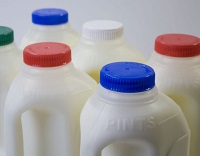
-The LYCRA Company continues its innovation journey in 2020
With the new company name and the grand opening of its fourth innovation center in the Greater Bay Area to join the global R&D capabilities, The LYCRA Company, a leader in innovative fiber and technology solutions for the apparel industry, had a remarkable year in 2019. Leveraging its innovation DNA, the company is set to further tap the opportunities in Asia with its innovative product and solutions to address the global trends shaping the apparel industry in 2020.Petrochemical Oil Sanctions Automotive
Leverage eco-innovation to achieve sustainability
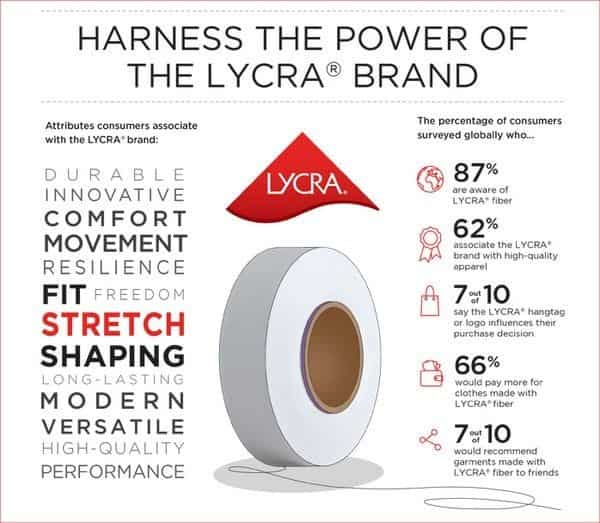
-US plastic bottle recycling rate at 29 percent in 2018
The five-year compounded annual growth rate for plastic bottle recycling slid 0.4 percent. Petrochemical Oil Sanctions Automotive
While domestic collection of plastic bottles for recycling increased by 52 million pounds, or 1.8 percent, in 2018, the overall recycling rate declined slightly by 0.4 percent, according to figures released by the Association of Plastic Recyclers (APR) and the American Chemistry Council (ACC), both of which are based in Washington, in the “2018 National Postconsumer Plastic Bottle Recycling Report.”
In 2018, 2.9 billion pounds of plastic bottles were collected for recycling, according to the report. However, the overall recycling rate for plastic bottles was 28.9 percent compared with 29.3 percent in 2018 and 29.7 percent in 2016. The five-year compounded annual growth rate for plastic bottle recycling declined 0.4 percent.
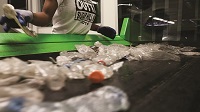
-Desigual launches 100 percent sustainable collection with Ecoalf
Spanish fashion brand Desigual has unveiled a 100 percent sustainable collection made in collaboration with Ecoalf that has been made from waste and recycled raw materials.
The capsule collection has been designed to “minimise consumption of natural resources” while also being what the brand calls a “story of true love that transforms waste into timeless designs”. Petrochemical Oil Sanctions Automotive
The wintery line adopts the concept “reuse, reinterpret, rethink, relove” and features timeless designs across outerwear, trainers, bags and accessories, which it adds have been made to “last a lifetime”.
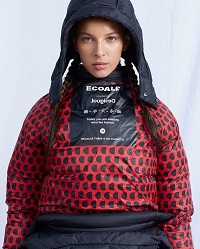
-New studies demonstrate “rapid biodegradability” of Walki films
A series of new studies has reportedly shown that Walki’s Bioska films completely biodegrade within 6 months.Petrochemical Oil Sanctions Automotive
The studies, carried out by the Finnish Environment Institute (SYKE), measured the biodegradability of bio-based and biodegradable plastics. Walki Plastiroll´s Bioska films were found to be one of the plastics that had the fastest biodegradability.
Within the year-long Ubinam project, SYKE studied a variety of different biodegradable films and materials both in field and laboratory tests. Within these studies, SYKE investigated Walki’s new transparent packaging films: Bioska 501 and Bioska+. Samples of the material were placed in the Baltic Sea on the southwest coast of Finland for 6 and 12 months respectively.
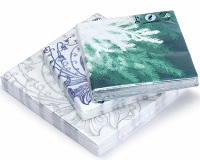
At least three major producers of paraxylene (PX) have settled term contracts for 2020 delivery on a formula that includes an Argus cfr Taiwan/China spot assessment component.Petrochemical Oil Sanctions Automotive
Japan’s JXTG Nippon Oil & Energy, as well as South Korea’s GS Caltex and SK Global Chemical (SKGC), have sealed contracts with various northeast Asia-based buyers against 50pc Asia Contract Price (ACP), 50pc spot cfr Taiwan/China assessments.

-China PP yarn prices plunge to new 2019 low amid poor demand
China’s domestic polypropylene (PP) spot prices have tumbled, with the PP flat yarn grade reaching a new low for this year amid poor demand which is expected to continue in the near term.Petrochemical Oil Sanctions Automotive
PP yarn accounts for more than a third of local supply.
Weekly prices of spot market were assessed at yuan (CNY) 7850-8200/tonne ex-warehouse (EXWH), down 9% from the end of third quarter, according to ICIS data.
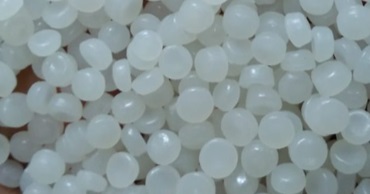
-Mealworms safely consume toxic additive-containing plastic
Tiny mealworms may hold part of the solution to our giant plastics problem. Not only are they able to consume various forms of plastic, as previous Stanford research has shown, they can eat Styrofoam containing a common toxic chemical additive and still be safely used as protein-rich feedstock for other animals, according to a new Stanford study published in Environmental Science & Technology.
The study is the first to look at where chemicals in plastic end up after being broken down in a natural system – a yellow mealworm’s gut, in this case. It serves as a proof of concept for deriving value from plastic waste.Petrochemical Oil Sanctions Automotive

Petrochemical Oil Sanctions Automotive
Petrochemical Biorecycling Automotive Seating 19-12-2019
